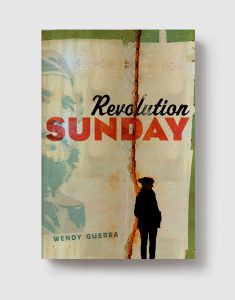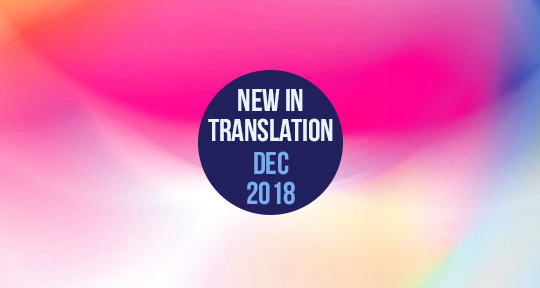Contributor Hanna Heiskanen checks in from Finland:
Over in Finland, several prominent authors have expressed their concern for the writing skills of today’s young people. What began as a Facebook post by Anja Snellman, who has written more than 20 novels and is a recipient the Pro Finlandia Medal, on the quality of the letters she receives from school children around the country, has since been echoed by Salla Simukka and Pasi Ilmari Jääskeläinen, authors of the Snow White Trilogy (Hot Key Books/Amazon Children’s Publishing) and The Rabbit Back Literature Society (Pushkin Press/Thomas Dunne), respectively. Children and teenagers appear to struggle with understanding metaphor and long sentences, and are increasingly unable to write in literary, rather than spoken, language, the authors said. Reading is still generally held in high regard in the country, with 50 million books borrowed from libraries by the 5 million strong population in 2014, though these figures have been in decline.
The national broadcaster YLE shines a light on Elina Ahlbäck, the founder and director of the Elina Ahlback Literary Agency. The eight-year-old agency is behind the string of success stories of the aforementioned Salla Simukka who, like Maria Turtschaninoff, also represented by Ahlbäck, signed a Hollywood film deal some months back. Other good news for the agency is the recent nomination of Laura Lindstedt’s Oneiron for the Nordic Council’s 2017 literature prize, the winner of which will be announced in November. Finnish literature in translation is having a moment, according to Ahlbäck: “Finland is an undiscovered treasure trove, and a source of unique stories and storytelling,” she says in the article. The country still lags behind its western neighbour, however, when it comes to marketing efforts: more than 30 agencies work to export Swedish literature, now a familiar sight on global bestseller lists.
The literature festival Helsinki Lit has published its schedule for this year. The event, May 12-13, will feature discussions with the likes of Orhan Pamuk, Linda Boström Knausgård, and Laurent Binet.
And to wrap up on a more unusual note, a Danish crime literature festival has gained nationwide interest for an advertising campaign gone awry. The Krimimessen festival, the largest of its kind in the Nordic countries and organised earlier this month, was advertised by staging fake crime scenes using fake human bodies. After, naturally, distressed reactions from the general public, the campaign was promptly terminated. “I am horribly sorry”, said the organising town’s Mayor, according to the Copenhagen Post Online.
READ MORE…



